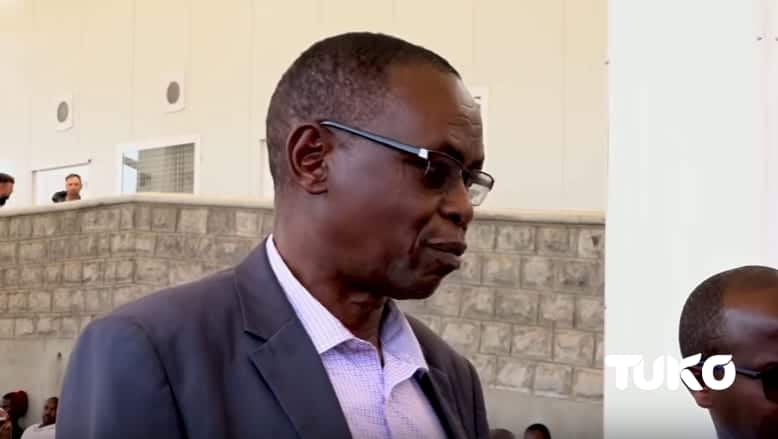
A Kenyan man who lost five family members in the ill-fated Ethiopian plane has ruled out burying soil scooped from the scene of the accident and will instead hold a requiem mass for his lost kin.
Paul Njoroge lost his wife, daughter, and three grandchildren who were all aboard the Boeng 737 Max-8 jet that crashed on Sunday, Mach 10, killing all the 149 passengers and eight crew members.
During a prayer service held in Bahati constituency, Nakuru county, on Wednesday, March 20, Njoroge, a Seventh Day Adventist, said he had accepted the painful loss and would only hold a requiem mass for his lost family members as he awaits DNA results.
“The six months the government has requested so that it can receive results of the DNA analysis on the 5,000 pieces of human bodies collected from the scene is too long, and so we will just hold a prayer mass and wait for DNA results,” he said.
Last week, families of victims drawn from 32 countries spent days at Skylight Hotel in Addis Ababa where they were updated on the state of the remains of the bodies after the plane crash.
Njoroge who was among families which lost loved ones said his religious beliefs did not allow him to bury the soil collected from Bishoftu, 60 kilometres south of Addis Ababa, where authorities had taken the bereaved to for updates on the progress of identifying bodies.
He said he wanted to get over the issue and allow his other relatives and friends who have stood by him since the fateful day continue with their work.
“This is a big loss for me. It is too painful, but I guess there is nothing much I can do other than accept it and let people continue with their lives,” said Njoroge
His family and friends are set to converge at St Michael Parish Church on Friday, March 29, for a requiem mass.
Ethiopian Airlines has undertaken to compensate families that lost their loved ones during the crash.
TUKO.co.ke learnt the amount of money to be paid to each of the families would range between KSh 17 million and KSh 25 million according to the Montreal Convention standards, an authority that dictates how victims of plane crash should be compensated.